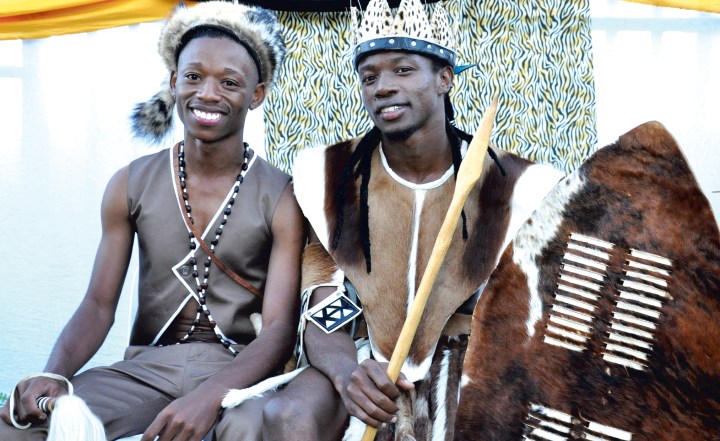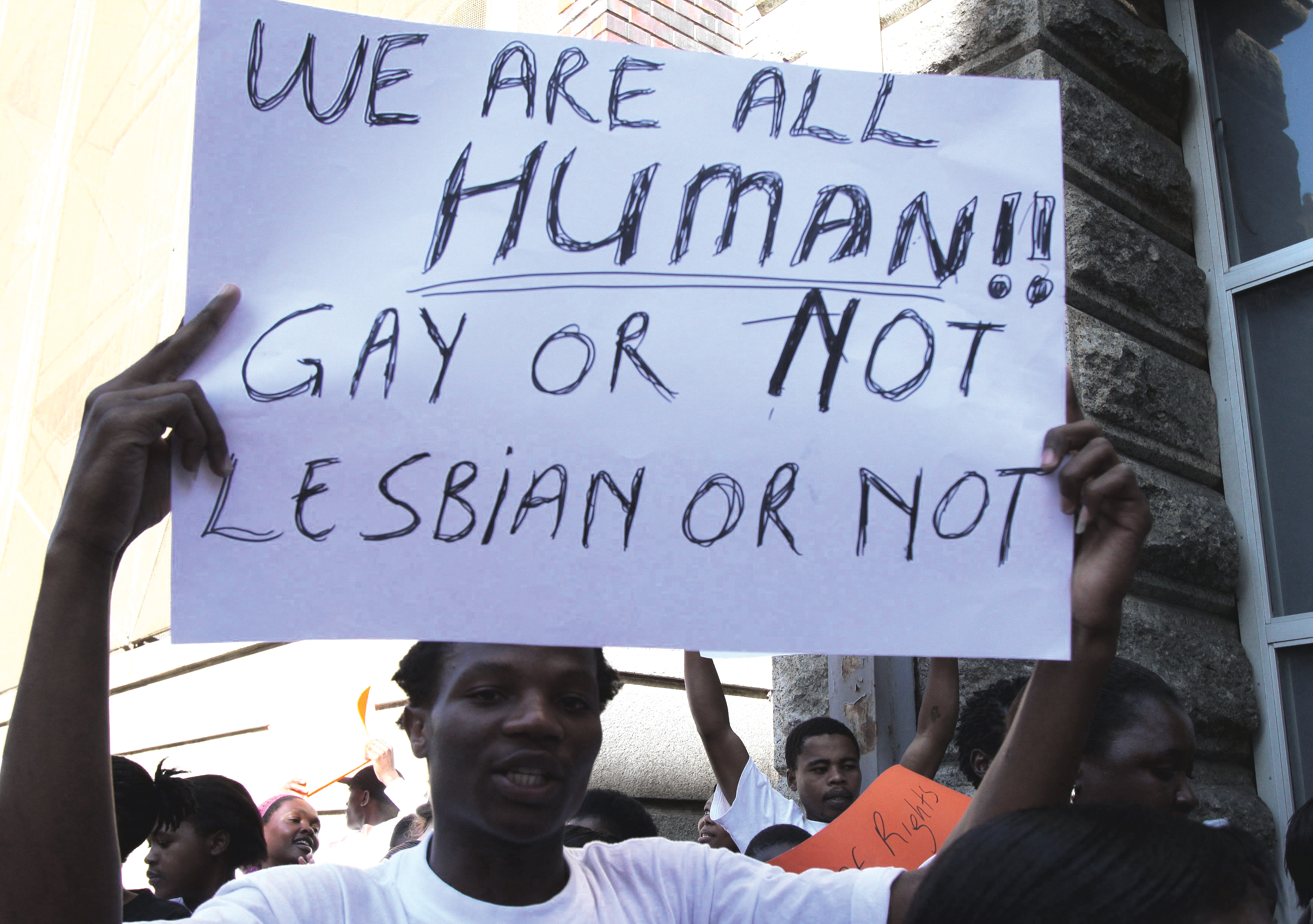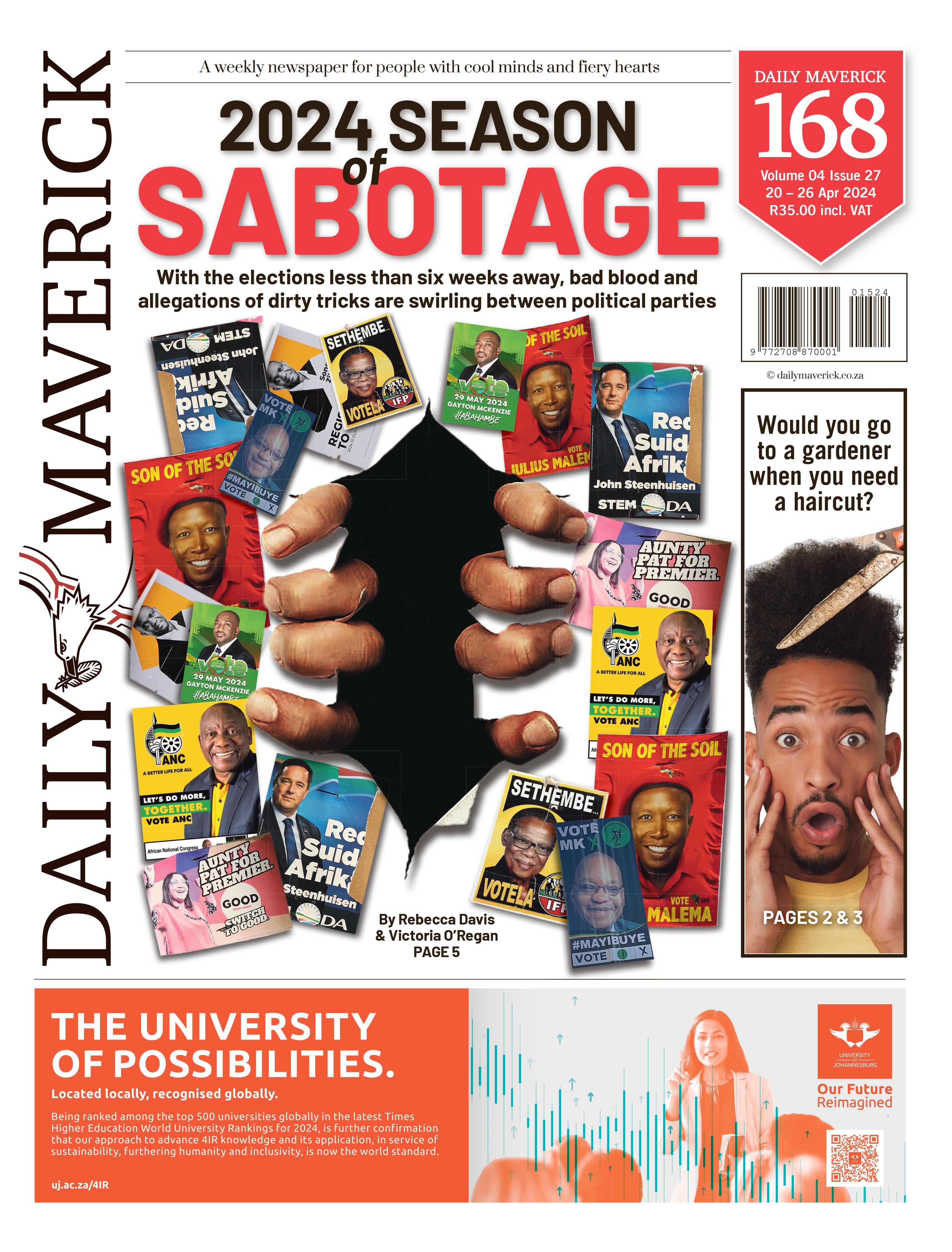THE CONVERSATION
Zulu culture’s stigmatising of gay men carries terrible health costs

Study participants tell of their pain and suffering at the hands of healthcare workers.
Same-sex relationships are legal in South Africa and protected by the Constitution. Unfair discrimination on the basis of sexual orientation is against the law.
But in practice, many cultures don’t necessarily see this as a right. Traditional Zulu culture, for example, perceives same-sex relationships and sexual intercourse as taboo and unAfrican. Statements like “real men are not gay” indicate some people’s ideas about masculinity and sexuality.
These cultural norms have profoundly negative effects on Zulu men who have sex with men. Their abuse often triggers depression, suicide and drug abuse.
As a public health specialist with an interest in marginalised groups, I conducted research looking into the role that Zulu culture plays in discouraging men who have sex with men from accessing healthcare.
Stigma rooted in cultural beliefs was rife and many of the men we interviewed were too afraid to go to a health clinic.
This research is a tool for policymakers to use to ensure better healthcare for marginalised communities.
How the study was conducted
In South Africa, men who have sex with men are categorised as a key population – a vulnerable group more likely to get sexually transmitted infections owing to their socioeconomic isolation.
Our study participants were living in Umlazi, an urban area of at least 400,000 inhabitants in KwaZulu-Natal. The province is the home of the Zulu monarchy and the majority of Zulu people – the largest ethnic group in South Africa. More than 13 million people speak isiZulu as their first language.
Many Zulu people forced from “white” towns during apartheid ended up in Umlazi. Informal settlements have also mushroomed around Umlazi as those desperate for work flock to urban areas in search of jobs.
In our study we interviewed 25 participants, men who have sex with men, between the ages of 21 and 55. They were representative of different areas of KwaZulu-Natal as they had roots in Ulundi, Nongoma, uPhongolo, eDumbe and Vryheid.
They shared their experiences in a very emotional way. They described how they were frequently forced to conceal their sexual orientation to avoid being rejected or discriminated against.
One participant, Funani, said: “Culture is very stigmatising, discriminatory and depriving. I grew up in a community where people see same-sex relationships as culturally taboo, so tell me, how would you come out in such a community?
“People create culture. Instead of discriminating against same-sex relationships, these same people must accept and embrace them as cultural norms.”
For some participants, the traditional rite of passage from boyhood to manhood at the age of 21 was a source of alienation and pain.
Linda said: “At the age of 21 you are celebrated as a man in the Zulu culture. You are dressed like a Zulu warrior with skin, a spear and a shield. I was deprived of this because they said I am not a man.
“I became sick because of this and was admitted to the hospital for weeks. I almost lost my life because I was deprived of my rights.”
Yet another participant, Sanele, spoke about his experiences of not being accepted: “I don’t care about culture because the culture has let me down as a gay man. Culture does not respect me.
“I would have killed myself in the more conservative rural areas because the culture does not accept me. I have suffered so many mental health crises because of this.”

South African rights activists protest outside the Home Affairs offices in Cape Town against the jailing of homosexuals in Malawi on 20 May 2010. (Photo: Gallo Images / Foto24 / Lulama Zenzile)
‘I could hear them laughing’
The men consistently cited fear of discrimination and a lack of understanding among healthcare providers as reasons they avoided health clinics.
As Lindani said: “I went to my local clinic because I had a sexually transmitted infection and needed care.
“When being attended to by the nurse, I was asked some silly questions that did not feel like they were taking my medical history. Then I was reprimanded about my sexuality as being culturally wrong and needing to change, which made me decide never to use my local clinic again.”
Most of the participants related to these experiences.
Said Siyanda: “I had a sexually transmitted infection and went to my local clinic for medical care. Getting there, a nurse attended to me, and then she walked away to a separate room, where she went to tell other nurses about me. I could hear them laughing. I took my bags and left the clinic and never went back.”
The impact on the men’s health could be critical: “I would rather die with my sickness than use such facilities,” said Anele.
Another participant, Solomon, said: “Due to my outfit I was kept in the queue for a long time, and when I was finally attended to, the nurse asked me if I am male or female. I respectfully answered her, and she called her other colleagues to make fun of me.”
Cultural sensitivity
Collaboration with cultural influencers and community leaders is essential to protect the rights of men who have sex with men while honouring cultural values.
Such interventions should be culturally appropriate, holding in esteem and respecting the Zulu traditions and values, as well as embracing the full spectrum of health matters encountered by men who have sex with men.
Similarly, healthcare providers should receive training to support this community and establish discrimination-free healthcare environments.
Efforts such as these would promote inclusivity and healthcare access for all. DM
First published by The Conversation.
Ikekhwa Albert Ikhile is a postdoctoral fellow at the University of South Africa.
This story first appeared in our weekly Daily Maverick 168 newspaper, which is available countrywide for R35.






The conduct recorded here of people paid by the government is unacceptable. It’s similar to government marriage officers who resist having to marry same sex couples. Whilst you’re working for a government department you uphold government policy. If same sex relationships are offensive to you on religious or cultural grounds then you should seek employment with a religious or cultural organisation.